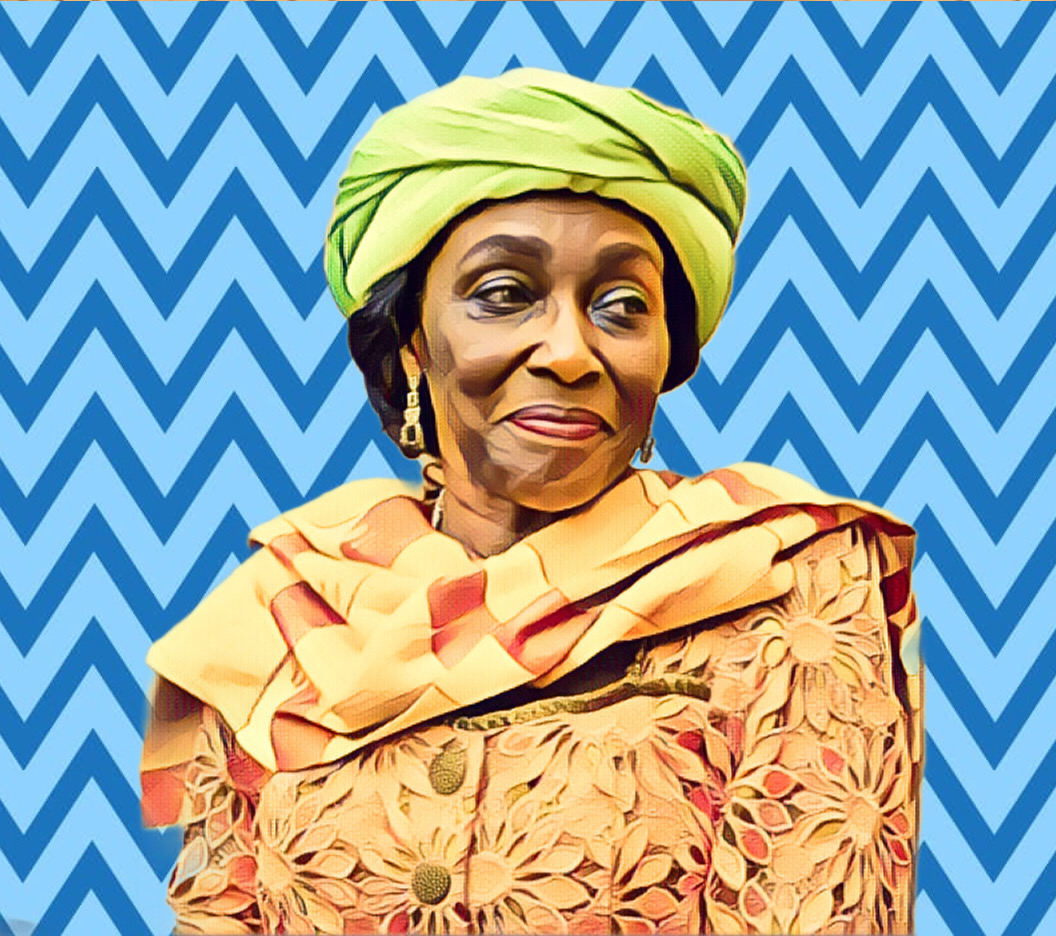KEY POINTS
- Nana Konadu legacy reshaped the First Lady role.
- She championed women’s empowerment and education.
- Her influence continues to inspire future generations.
President John Dramani Mahama described the late Nana Konadu Agyeman-Rawlings as a pioneering leader whose courage and influence transformed Ghana’s political and social space.
Delivering a tribute on his behalf, Mahama called her “a truly remarkable woman” whose legacy will endure for generations.
Nana Konadu legacy reshaped the First Lady role
Mahama said she was far more than a former First Lady. “She was a champion of women’s empowerment, a trailblazer in our political landscape, and a deeply committed patriot,” he said.
Her life was marked by boldness and conviction. “She spoke, challenged, and led with courage, always standing for what she believed was right for Ghana,” Mahama noted.
Central to her impact was leadership of the 31st December Women’s Movement. Mahama recounted how she expanded opportunities for women and girls, particularly in rural areas, championing literacy, maternal health, early childhood education, and economic empowerment.
“Her work laid the foundation for many gender-sensitive policies and social programs that Ghana benefits from today,” he added.
Her influence extended beyond politics into family and society
Mahama described Nana Konadu as principled, assertive, and unyielding, yet warm, humorous, and devoted to family. “Behind a determined public image was a mother, grandmother, sister, friend, and mentor,” he said.
Even in difficult moments, she carried herself with dignity, guided by her commitment to national unity, progress, and stability. She believed deeply in the potential of women and young people, dedicating her influence to uplift them.
Mahama called her passing a profound loss to both family and nation. “It marks the closing of an important chapter in Ghana’s history, even as her example continues to inspire generations.”
He concluded: “We celebrate a life of leadership, advocacy, and service… May her legacy continue to guide us toward a more just, inclusive, and equitable Ghana.”




